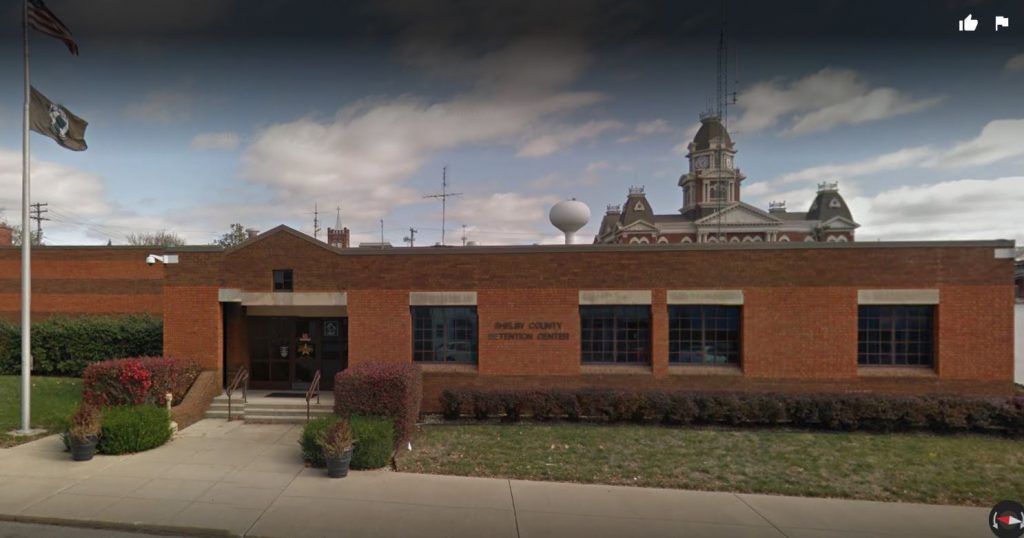Shelby Co. (ECWd) –
We first exposed the questionable record destruction requests in this article. We stated we were reaching out to the Secretary of State Local Records commission regarding possible improper destruction of records and now have the Commission’s response to our inquiry.
Media Questions raised with Local Records Commission:
Ms. Leonard,
Can you direct me to who might be able to answer some basic questions regarding the destruction of records?
-
- If a criminal investigation is taking place regarding payroll in a government office, should payroll records for the time frame in question be destroyed?
- If a forensic audit is taking place regarding payroll in a government office, should payroll records for the time frame being audited be destroyed?
- If a criminal investigation into the illegal sale of guns in a government office is ongoing, should purchase receipts for those guns in question be destroyed?
- When a government agency seeks and obtains destruction certificates without informing the Local Records Commission that the records are key to FOIA’s, audits, and a criminal investigation, which agency would be responsible for investigating the matter?
While I am confident we know the answer to these questions, we would appreciate an official response from the agency in charge of issuing destruction certificates to the local government.
Thanks
Kirk Allen
Response from Local Records Commission (emphasis added):
“Dear Mr. Allen:
Thank you for the below email, which Donna Leonard asked me to respond to. If a criminal investigation or audit is occurring concerning records, those records may not be disposed of, even if they have met their retention. The language on their records retention schedule states:
RECORDS LISTED ON THIS APPLICTION MAY BE DISPOSED OF:
-
- After their individual retention period is complete.
- If they are correctly listed on a Records Disposal Certificate submitted to and approved by the Local Records Commission thirty (30) days prior to disposal.
- Providing any local, state and federal audit requirements have been met.
- As long as they are not needed for any litigation either pending or anticipated.
With regards to your fourth question, any complaints concerning improper disposal of records should go through either the State’s Attorney’s office or Attorney Geranyl’s office.
Sincerely,
David Joens”
We are awaiting a response to our Freedom of Information Act request from the Shelby County Sheriff to determine if the records in question were actually destroyed. If they were, it would be appropriate for a formal complaint to the Attorney General who is also handling the ongoing criminal investigation on alleged payroll fraud and illegal gun sales.
As soon as we know the actual status of the records in question, we will update with a new article that will include documents that were withheld from the auditor with a claim they were destroyed when in fact they were not. That fact points to an intentional coverup of the actual payroll figures which are worse than actually reported in the audit.







4 Comments
Justice Seeker
Posted at 20:40h, 22 AprilThe State’s Attorney has a statutory duty to represent taxpayers and prosecute those who violate the law. Sadly Nichole Kroncke has chosen time and again to protect those elected or appointed officials who defraud taxpayers of hard earned money. At some point, taxpayers will stand up to the corruption!
Frank Miller
Posted at 12:41h, 22 April“Check your open records law. In every state I have looked at, the open records law was never a civil statute. It is always a criminal statute. It will be right at the end of the code – violation of this act is a class-A misdemeanor.” – Randy Kelton
John Kraft
Posted at 18:09h, 22 AprilNo such statement in the Illinois FOIA law, but it is in the Local records Act.
Daniel L Sleezer
Posted at 12:09h, 21 AprilSorry, but it is still unclear if the Local Records Commission believes they are responsible for verifying that the Record Destruction Requests meets all appropriate requirements.
If all the Local Records Commission is a paperwork processor and not responsible for any verification of the legitimacy of the request, the Process is broken! Of course the Initiator of the request who is trying to destroy evidence, they are NOT going to acknowledge any on-going investigation, and if no one is checking them this illegal activity will just continue. The only recourse is ‘after the fact’ and someone then needs to “file a complaint” with one of two legal entities that appear to outdo each other with inaction based in incompetence or apathy!!